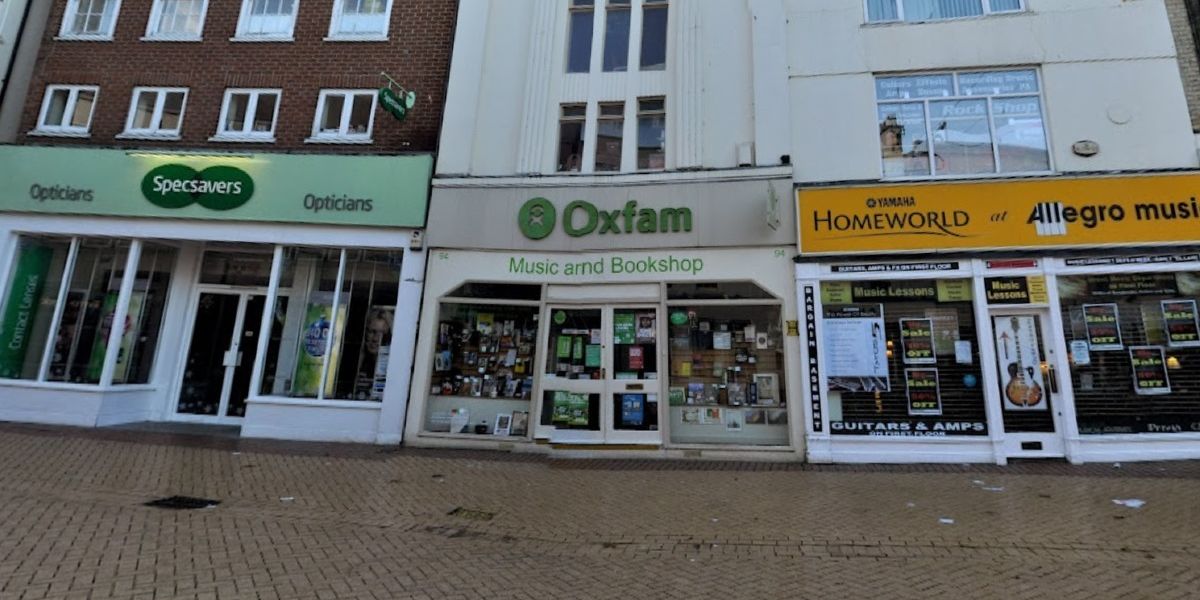The MTA is desperately fighting the Trump administration to keep collecting its congestion-pricing tax — but a hefty chunk of the nearly $40 million a month in new tolls isn’t going to shore up the city’s dilapidated transit system: Instead, $1 million is siphoned off by private payment companies — like Visa, MasterCard and banks — that make big bucks off small transactions.
A little-noticed February oral report to the MTA board revealed, for the first time, just how big that previously secret number must be.
What’s more, it’s not just congestion pricing: The finance companies are taking a substantial cut of every single subway swipe, bus ride, Metro-North ticket or LIRR pass charged to a debit or credit card — potentially hundreds of millions of dollars a year.
The issue involves “interchange fees,” a charge levied on every debit- or credit-card transaction.
Federal rules limit those debit-card fees to between 22 and 50 cents. But the fee is the same for both big-ticket items and small “micropayments” — like a subway swipe. (Merchant fee pricing on credit cards, which isn’t federally regulated, varies widely.)
In its official budget, the MTA doesn’t list such costs as a separate line. Citing non-disclosure agreements, it won’t reveal its total interchange fee costs.
But at its February board meeting, Chief Financial Officer Jai Patel made a startling revelation, the first of its kind: In the first month of congestion pricing, the MTA’s $11 million in operating costs included $1 million in credit- and debit-card fees.
In other words, those superficially modest costs really add up — for the MTA and for transit agencies across the country.
Under the current payment system, each time riders uses their phone or bank card to go through the turnstile, the MTA gets hit with a fee charge.
If the same share of the costs incurred for congestion pricing applies to the system as a whole, that comes out to $400 million a year.
The MTA wouldn’t tell us whether that estimate is too low or too high. A top agency official would only say that it’s “aggressively trying to bring the costs down.”
That’s because transit agencies are free to negotiate their own deals with card issuers, just like retailers do, as long as they don’t reveal those deals publicly — as the MTA accidentally, partly has.
“The MTA has a longstanding merchant agreement and has taken steps in recent years to further negotiate and reduce costs across all transactions including congestion-pricing tolls,” spokesman Aaron Donovan told us.
In other words, we riders have to hope it’s a good deal — and that the MTA isn’t being played by Visa and its kin.
These fees are a problem nationwide. They take a big bite out of every big-city rail system, like those in Boston, Washington, DC, and Chicago, and from every small bus operator.
But New Yorkers should care the most, as they pay the most. Bridge and tunnel tolls here are far higher than those in other cities, and congestion-pricing tolls are unique to New York. Four out of every 10 transit trips across America are taken on the MTA
Federal regulation has failed. The 2010 Dodd-Frank Act included an amendment from Sen. Richard Durbin (D-Ill.) that drove down big banks’ debit-card pricing.
But by continuing to permit flat fees for “micro” payments, the federal framework hits transit agencies — and any retailer relying on digital micropayments (parking meters, electric car chargers, coffee shops) — hard.
Kevin Burgess of Bytemark, an international transit-fare-collection agency, says the Durbin rule “doesn’t differentiate between merchants that have higher average transaction amounts and those that accept a large volume of small transactions.”
Costs for card payments in the United States are far higher than in Canada or the European Union, which operate under different rules.
With the growth of digital micropayments, it’s time to rethink this approach. We need to re-balance banks’ and payment processors’ profits against the reality that they’re taking a substantial slice out of every $2.90 subway fare.
Transit agencies should push for change. For example, the MTA might tally up all congestion and transit charges for each month and pay a percentage of that total, rather than a chunk of every toll or swipe.
The Durbin amendment could be reformed to reduce fees for transit agencies and other public entities, as well as for private companies that rely on digital micropayments.
Banks might be pressed to charge less for government-provided services.
As an MTA official told us, reducing these costs “is the next frontier of cost containment and affordability. We’re aggressively focused on it.”
Whether or not congestion pricing survives, transit-payment reform is vital.
Otherwise, riders’ fares won’t be paying for upgrades and critical maintenance — but enriching private finance companies.
Howard Husock is a senior fellow for domestic policy at the American Enterprise Institute. Aaron Klein is the Miriam K. Carliner Chair and senior fellow at the Brookings Institution.

 By New York Post (Opinion) | Created at 2025-04-02 22:59:33 | Updated at 2025-04-04 05:39:16
1 day ago
By New York Post (Opinion) | Created at 2025-04-02 22:59:33 | Updated at 2025-04-04 05:39:16
1 day ago








